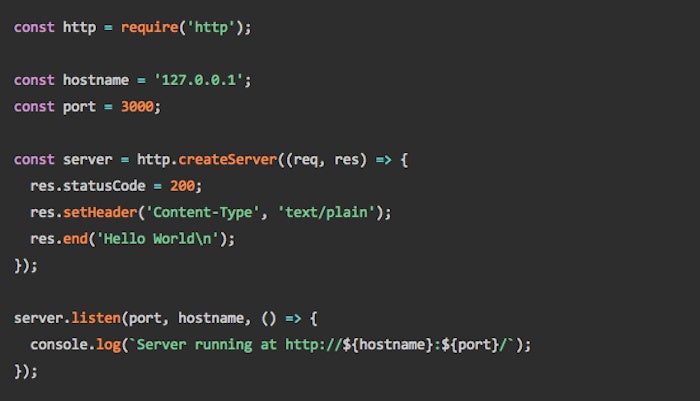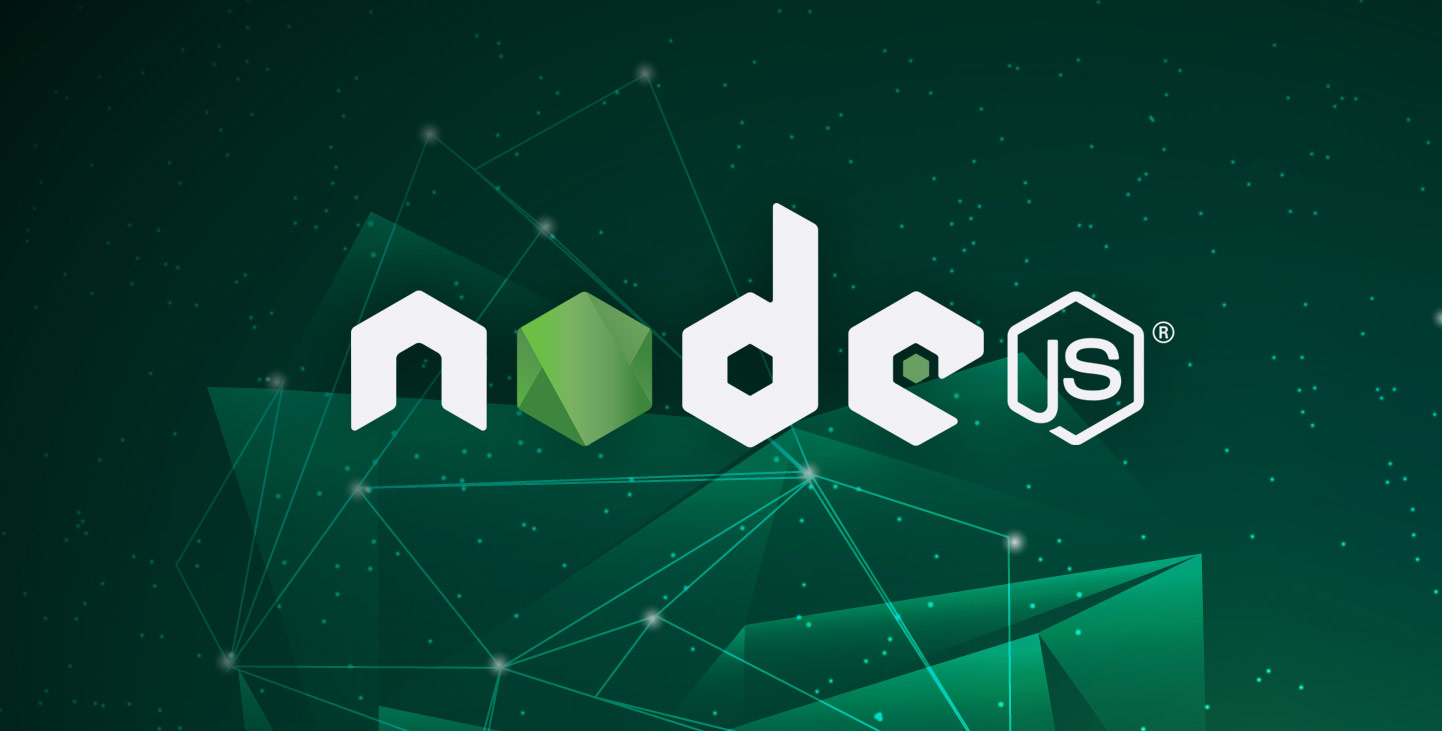
 Server-side rendered apps (SSRs): These web apps can run on both the client (in your browser / the front-end) and the server (the back-end) allowing pages that are dynamic to display (generate HTML for) whatever content is known and quickly grab content that is not known as it's available. For example, a Calendar API service could provide dates and times for a concert venue that could be used by someone else's local events website. REST APIs: These are interfaces that provide data for someone else's web app to interact with.
Server-side rendered apps (SSRs): These web apps can run on both the client (in your browser / the front-end) and the server (the back-end) allowing pages that are dynamic to display (generate HTML for) whatever content is known and quickly grab content that is not known as it's available. For example, a Calendar API service could provide dates and times for a concert venue that could be used by someone else's local events website. REST APIs: These are interfaces that provide data for someone else's web app to interact with. 
Some examples include video- and audio-streaming apps.
Data streaming apps: These are apps (or services) that send data/content as it arrives (or is created) while keeping the connection open to continue downloading further data, content, or components as needed. Some example RTAs include instant messaging apps or chat rooms, online multiplayer games that can be played in the browser, online collaboration docs, community storage, video conference apps, etc. Real-time apps (RTAs): These are web apps that enable users to receive information as soon as it's published by an author, rather than requiring that the user (or software) check a source periodically for updates. Some example SPAs include social networking apps, email or map apps, online text or drawing tools, etc.  Single-page apps (SPAs): These are web apps that work inside a browser and don't need to reload a page every time you use it to get new data. Here are a few examples of what you might create with Node.js. It's a great framework for data-intensive real-time applications that run across distributed devices. It uses an event-driven, non-blocking I/O model, making it lightweight and efficient. Node.js is primarily used for building fast and scalable web applications. Install a Node.js development environment on Windows Subsystem for Linuxįor help determining which environment to use, check out Should I install on Windows or Windows Subsystem for Linux? What can you do with NodeJS?. Install a Node.js development environment on Windows.
Single-page apps (SPAs): These are web apps that work inside a browser and don't need to reload a page every time you use it to get new data. Here are a few examples of what you might create with Node.js. It's a great framework for data-intensive real-time applications that run across distributed devices. It uses an event-driven, non-blocking I/O model, making it lightweight and efficient. Node.js is primarily used for building fast and scalable web applications. Install a Node.js development environment on Windows Subsystem for Linuxįor help determining which environment to use, check out Should I install on Windows or Windows Subsystem for Linux? What can you do with NodeJS?. Install a Node.js development environment on Windows. 
Windows supports two different environments for developing apps with Node.js: $ $EDITOR test/ is an open-source, cross-platform, server-side JavaScript runtime environment built on Chrome’s V8 JavaScript engine originally authored by Ryan Dahl and released in 2009. Or as a development dependency for your project: $ npm install -save-dev mochaĪs of v10.0.0, Mocha requires Node.js v14.0.0 or newer. Install with npm globally: $ npm install -global mocha Test Fixture Decision-Tree Wizard Thing.arbitrary transpiler support (coffee-script etc).before, after, before each, after each hooks.extensible reporting, bundled with 9+ reporters.easily meta-generate suites & test-cases.auto-exit to prevent “hanging” with an active loop.optionally run tests that match a regexp.auto-detects and disables coloring for non-TTYs.simple async support, including promises.








 0 kommentar(er)
0 kommentar(er)
